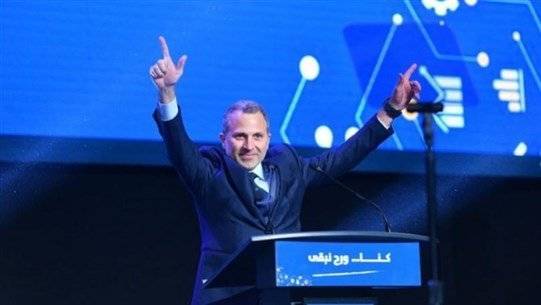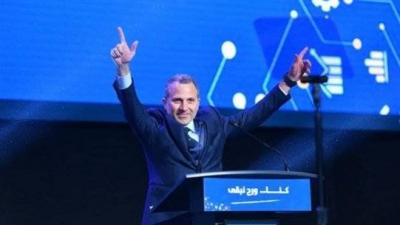According to sources familiar with the ongoing communications, which are almost stagnant or conducted under strict secrecy, the first crises in the parliament will emerge through the election of the speaker. This is amidst the hesitation of Speaker Nabih Berri, as the oldest member, to call for an election session and the general impasse faced by the 'change' deputies, regarding the stance resulting from a proposed change in the identity of the three presidencies traditionally distributed among the presidency (to the Maronites), the parliamentary speaker (to the Shiites), and the prime minister (to the Sunnis), with the deputy speaker (to the Orthodox), and so on. Nominating a non-Shiite figure is an issue that faces opposition for engaging in a conflict with the Shiite community, which insists only on nominating Berri as the sole candidate for the parliamentary presidency.
Political sources monitoring the negotiations regarding extending the parliamentary elections revealed that several scenarios are being discussed to complete the election session. This comes in light of what the leader of the Free Patriotic Movement, MP Gebran Bassil, has mentioned about conditions that he has not disclosed, which he has exaggerated significantly. These conditions go beyond having a member of his bloc, MP Elie Abou Saab, as deputy speaker, in exchange for his bloc's support for electing Berri as the speaker for this term, to include a prior agreement on forming a new government and its structure.
The sources continued that Bassil, who has not yet formally presented his conditions, is expected to submit them to the speaker for consultation. According to close associates, these conditions first include accepting Najib Mikati as the head of the new government, to reformulate it as it currently stands, considering it enjoys internal and external approval, while avoiding entering into the pitfalls of disagreements and share conditions, and that Bassil himself should be appointed in it instead of another minister, possibly the current Minister of Energy, or to serve as a minister in any new government, even if it includes specialists.
The sources attribute Bassil's insistence on being a minister in the new government to personally oversee the file related to the electricity project contract, which was hindered in the last cabinet session by Energy Minister Walid Fayad. Secondly, there is a demand for a prior commitment from the speaker and the new prime minister to dismiss Central Bank Governor Riad Salameh and appoint a replacement before President Michel Aoun's term ends. Thirdly, they seek to include the Salaita plant as one of the new power plants noted in the upcoming electricity plan.
The sources indicate that it is impossible to respond to Bassil's preliminary demands, considering that the formation of the new government requires consultations with all components of the parliament and main political forces. Therefore, no guarantees or agreements can be made behind the scenes, especially since the demand to dismiss Salameh has not received acceptance in this specific context, particularly as the negotiations for a final agreement with the International Monetary Fund have not been completed yet. Any discussions on this matter should be brought to the cabinet table for a decision to be made.
The sources estimated that consultations and communications regarding the election of the parliamentary speaker will falter within a consensual framework with Bassil if he insists on presenting these impossible conditions. In that case, elections may be held based on the candidates for the position of president and deputy, and whoever receives the majority of votes within the legal quorum wins.
The sources observed that Bassil’s recent positions regarding the conditions he intends to propose to solve the issue of electing the parliamentary speaker and his deputy indicate an anticipated political crisis. This crisis will not be limited to the issue of the parliamentary speaker's election but will also impact the formation of the new government, leading to delays in its formation for an extended period, given the prevailing tensions and the new composition of the parliament. The obstruction of the formation could extend until the presidential election unless the communications and efforts made by Hezbollah, which has influence over the leader of the Free Patriotic Movement, lead to a smooth election session for the parliamentary speaker, away from heightened tensions and media clashes.




